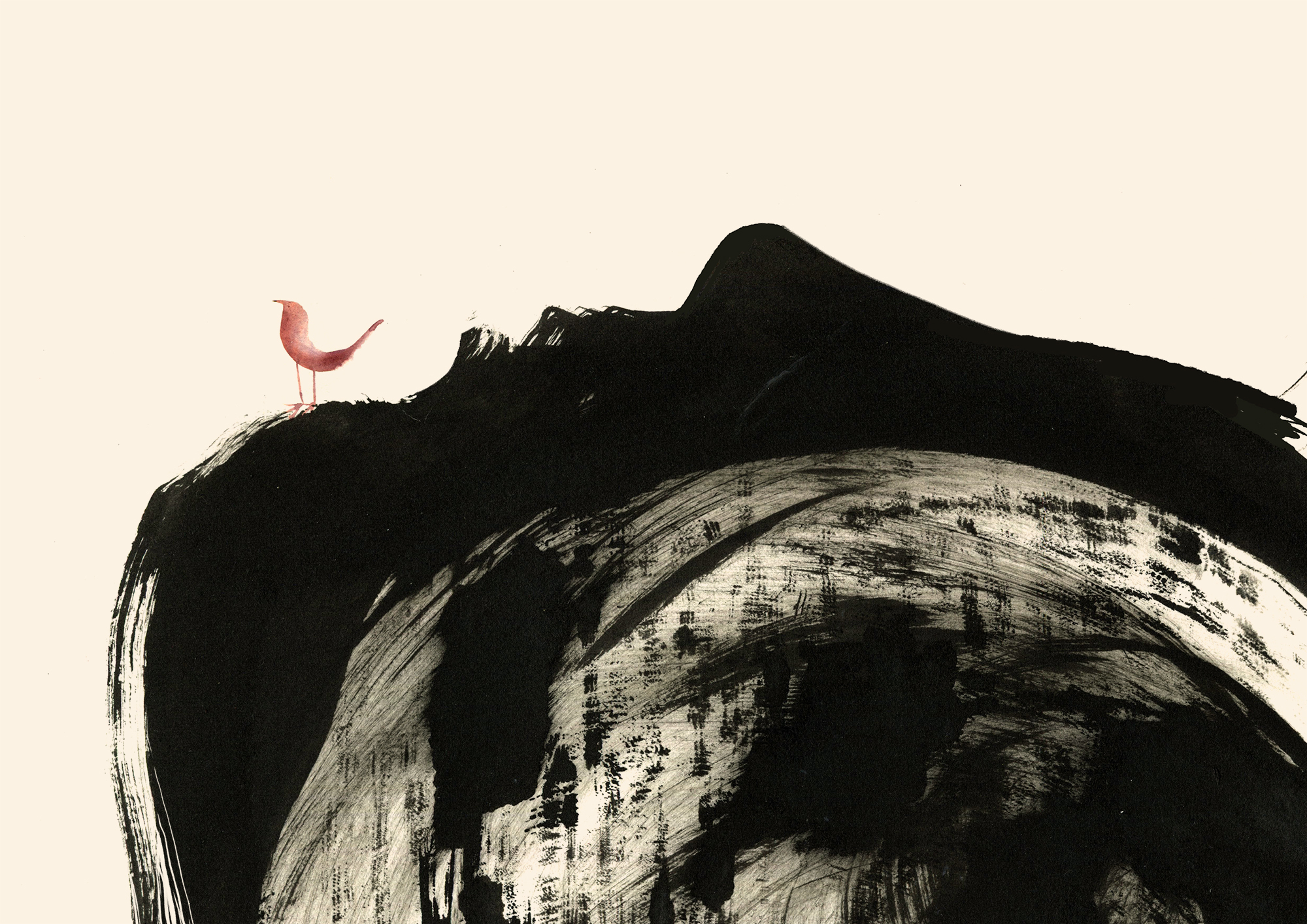By clicking “Accept All Cookies”, you agree to the storing of cookies on your device to enhance site navigation, analyze site usage, and assist in our marketing efforts. View our Privacy Policy for more information.
“Let everything happen to you. Beauty and terror. Just keep going. No feeling is final.”― Rainer Maria Rilke


What strikes you as beautiful in your life?
While we cannot turn our gaze away from suffering in the world, we cannot let it prevail. Perhaps our role is to focus on beauty.
This is not about putting a positive spin on things, nor about turning our attention away from horror. This is not a discussion if the glass is half full or empty. The point is to understand how beauty emerges from horror and harness the blossom.
Why? If we can do this, we can use beauty as an antidote and an anchor. This could bring more clarity to our world - and work. In the words of Ralph Waldo Emerson, “[b]eauty is the form under which the intellect prefers to study the world.”
A perfect illustration for this idea is the lotus flower, which is literally born out of mud. This flower is rich with symbolism: it relates to the consciousness that all life is rooted in swamps, fed by decomposing materials, and that it grows by stretching upwards through fluid and changing environments, where it opens to space and light.
Mire and fluidity, in which the flower grows, symbolise the most crude and heavy qualities of nature, including the nature of our minds and spirits. The flower, which is ornamented with pretty petals, is the incarnation of qualities of clarity and subtlety.
[We at the Rights Studio would like to think of ourselves as emulating the spirit of the lotus flower, emerging from ugliness, against all odds, like a tiny green shoot that magically grows through cracks in concrete.]
Striving for justice, Byung Chul Han writes in Saving Beauty, is motivated by its beauty. For both Plato and Aristotle, beauty was much more than an aesthetic concept, it was about ethics. Justice, for one, was considered among the most beautiful things (kalokagathia for Aristotle, meaning the ‘beautiful good’), where the good is subordinated to the beautiful. Furthermore, if we think about the English word ‘fair’ it means both just and beautiful.
In the same way that beauty in the natural world is often found in symmetry, justice is, in some ways, about seeking symmetry in our societies.
So perhaps much of the work of human rights activists could be seen in this light, it emerges from darkness and horror and seeks to bring balance. The United Nations Charter was, after all, drafted and adopted as a consequence of the devastation of the second world war.
Beauty can be seen in the light of justice, but it is also a necessity. Rachel Carson said that if we could only focus our attention on the wonders of the universe, we may be less inclined to destroy it. The tragic irony, of course, is that it is in nature that real beauty finds expression - and it is precisely that beauty that we are woefully failing to protect.
So what has gone wrong?
If justice is about symmetry in our society, then our relationships with others - as well as to the natural world - are also about symmetry. Han says beauty “occurs where things turn towards each other and enter into relation with each other,” it is therefore linked with humility, it makes us less narcissistic, it asks us to let go, to step aside rather than pushing to the fore.
He quotes Simone Weil who said beauty required us to “give up our imaginary position as the center, to renounce it, not only intellectually but in the imaginative part of our soul, that means to awaken to what is real and eternal, to see the true light and hear the true silence.”
Words, Veronica Yates and illustration Miriam Sugranyes
Resources
The Book of Hours, Rainer Maria Rilke.
“Emerson on What Beauty Really Means, How to Cultivate Its True Hallmarks, and Why It Bewitches the Human Imagination,” The Marginalian, by Maria Popova
Le Livre des Symboles, The Archive for Research and Archetypal Symbolism, Taschen.
Saving Beauty, Byung Chul Han.
Useful Resources
‘Bronte Velez on the Necessity of Beauty, Part 2 [ENCORE]’ For the Wild Podcast with Ayana Young /274.
We Contain Multitudes: https://wecontainmultitudes.world
Draw Your Weapons, Sarah Sentilles.
Sensuous Knowledge, A Black Feminist Approach for Everyone, Minna Salami.
Plum Village podcast on War & Peace, https://plumvillage.org/podcast/war-and-peace-episode-24/
The House of Beautiful Business, https://houseofbeautifulbusiness.com
“The Power od Aesthetic Force: Anna Deavere Smith and Sarah Lewis on Beauty as a Tool of Justice and a Catalyst for “Nonselfing,” The Marginalian, by Maria Popova.

“The death of human empathy is one of the first and most revealing signs of a culture that is about to fall into barbarity.” — Hannah Arendt

“Hell is empty and all the devils are here.” — William Shakespeare, The Tempest “Here is a river flowing now very fast. It is so great and swift that there are those who will be afraid, who will try to hold on to the shore. They are being torn apart and will suffer greatly.” — From the Elders of the Hopi Nation

“Art can die; what matters is that it scatters seeds on the ground … we shouldn’t care whether it remains as it is, but rather whether it sets the germs of growth, whether it sows seeds from which other things will spring.”— Joan Miró

“Beauty was not simply something to behold; it was something one could do.” — Toni Morrison